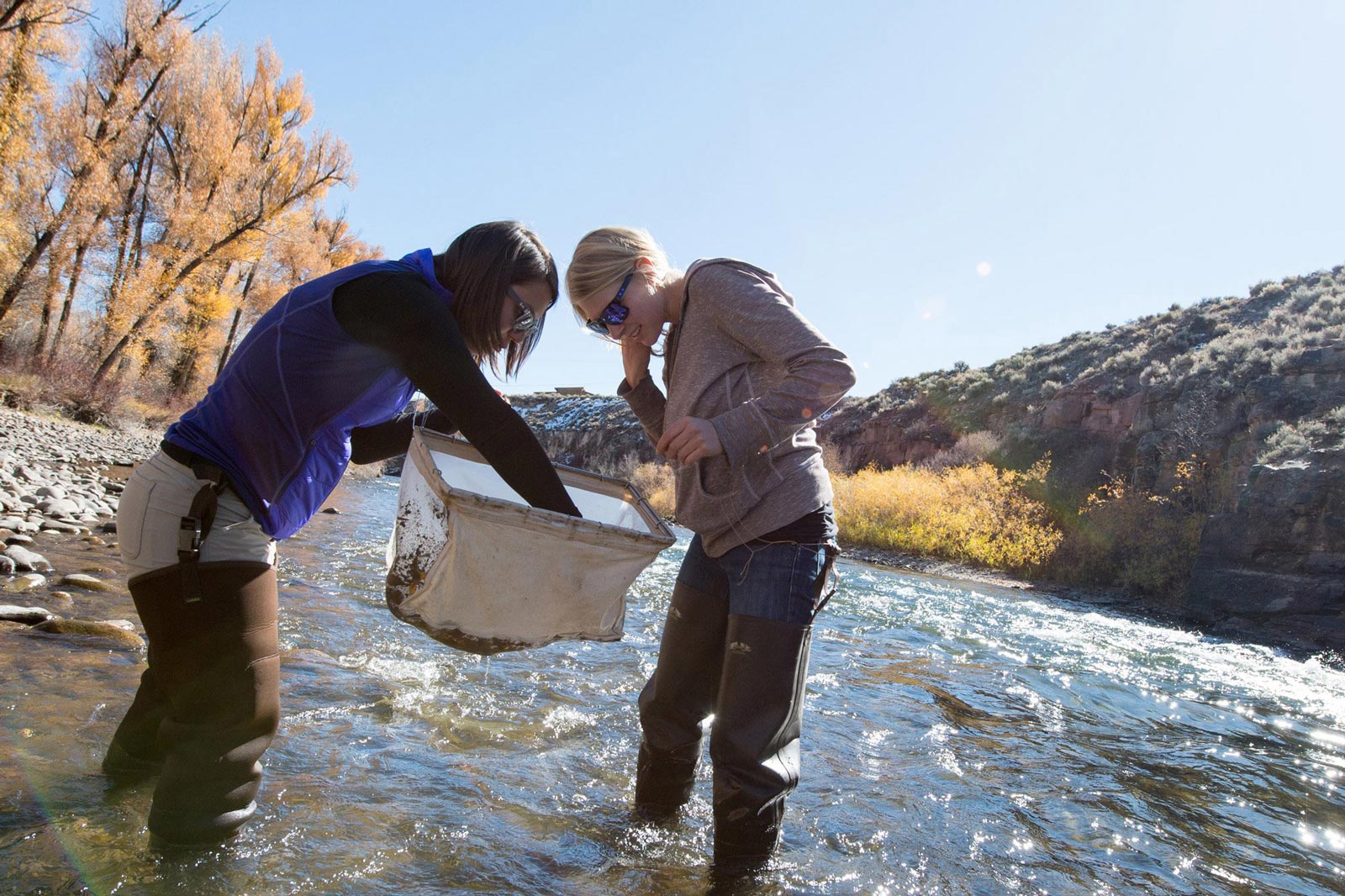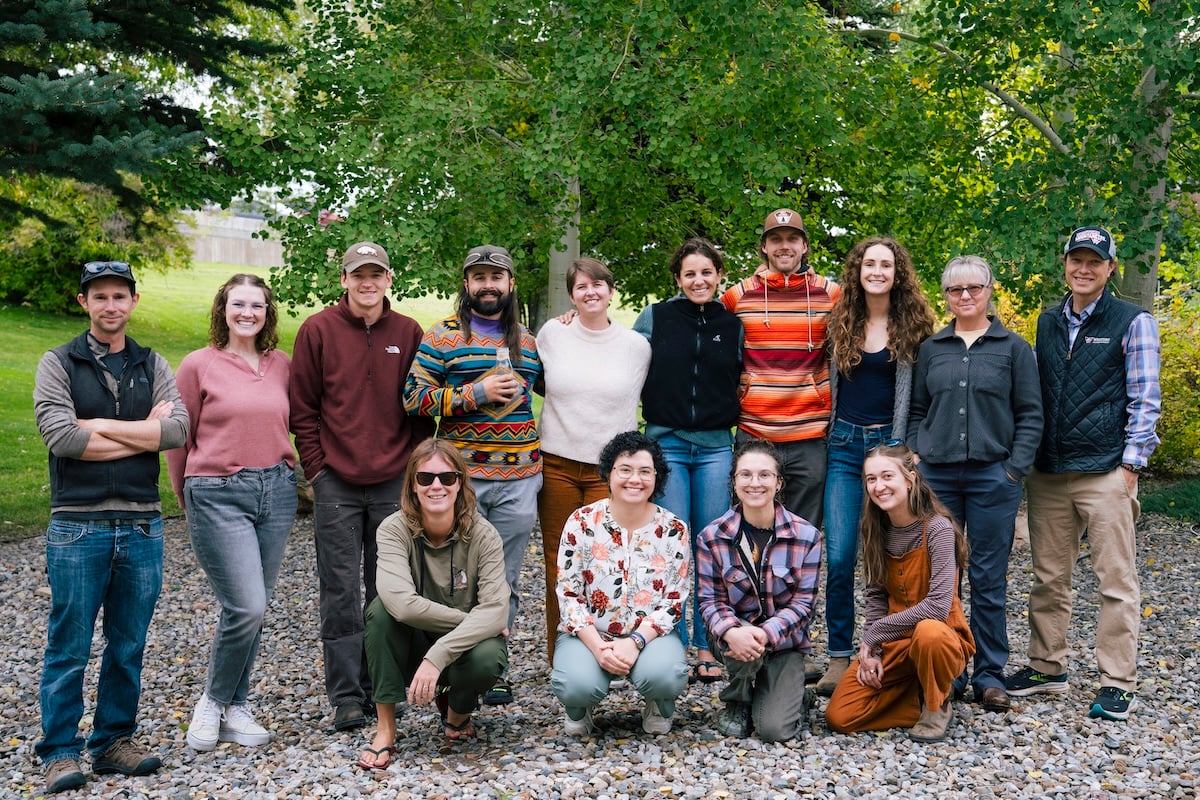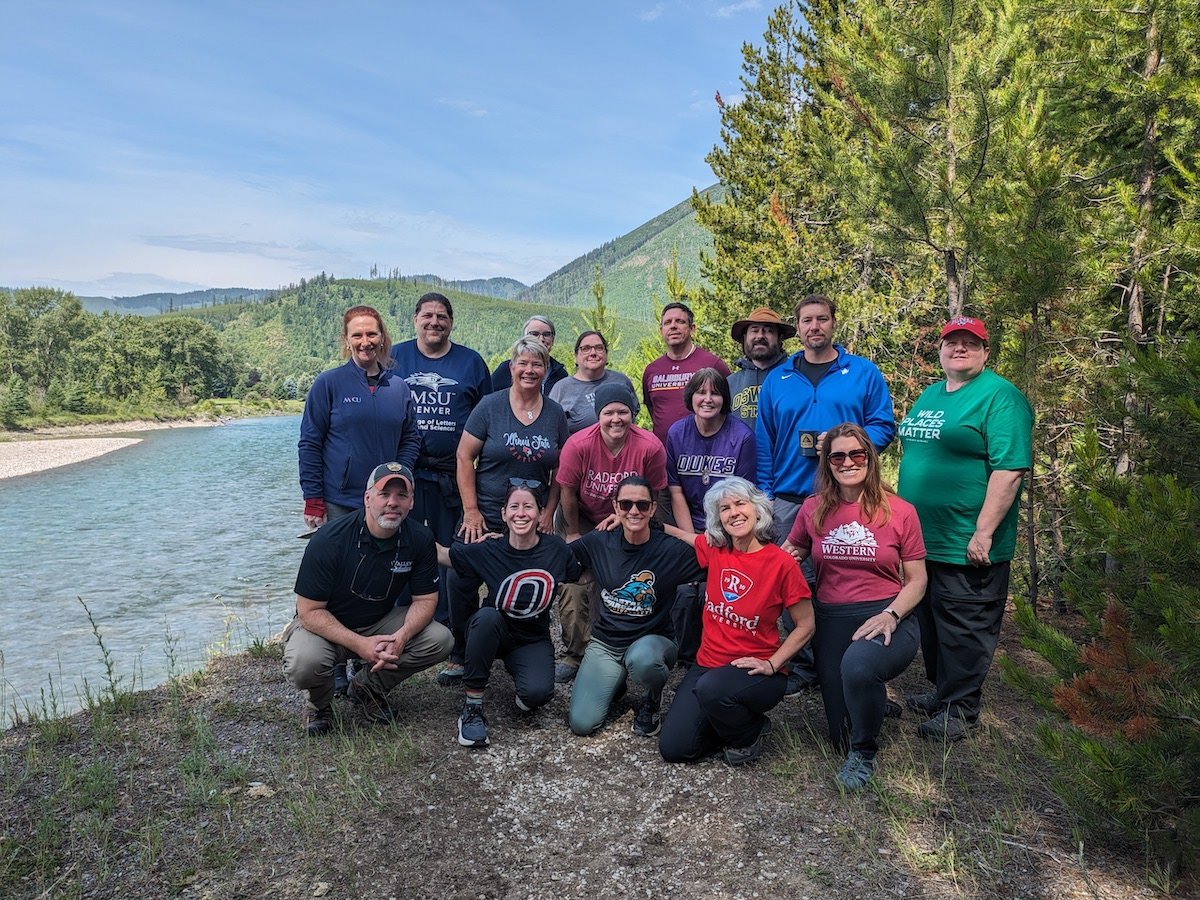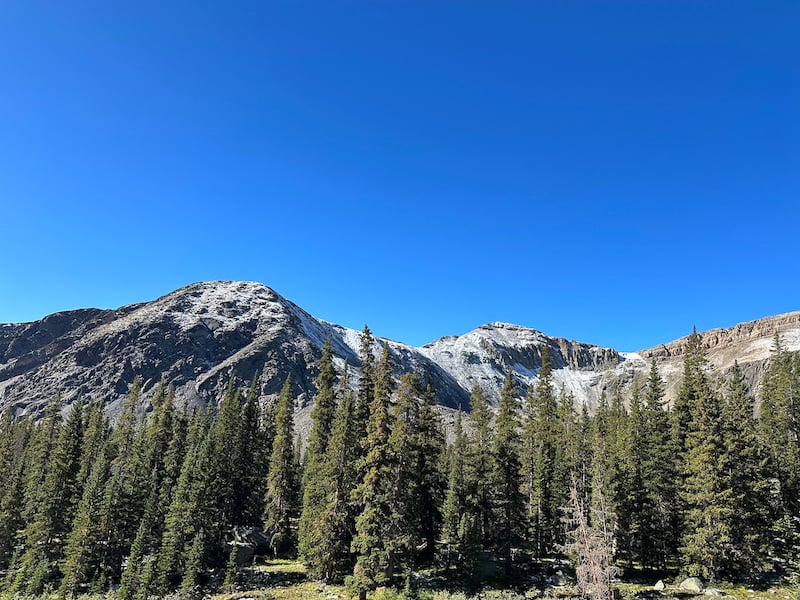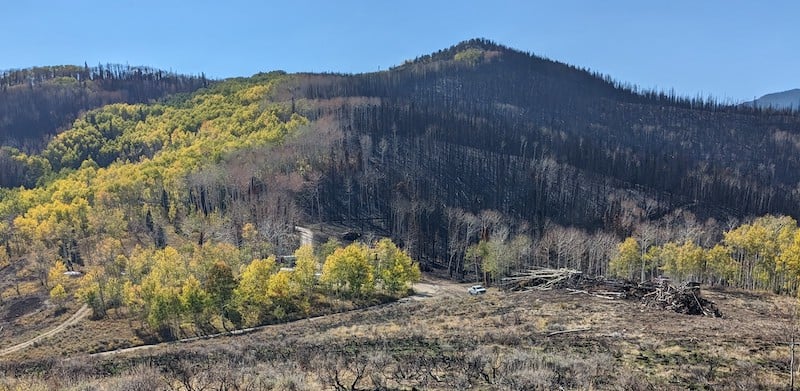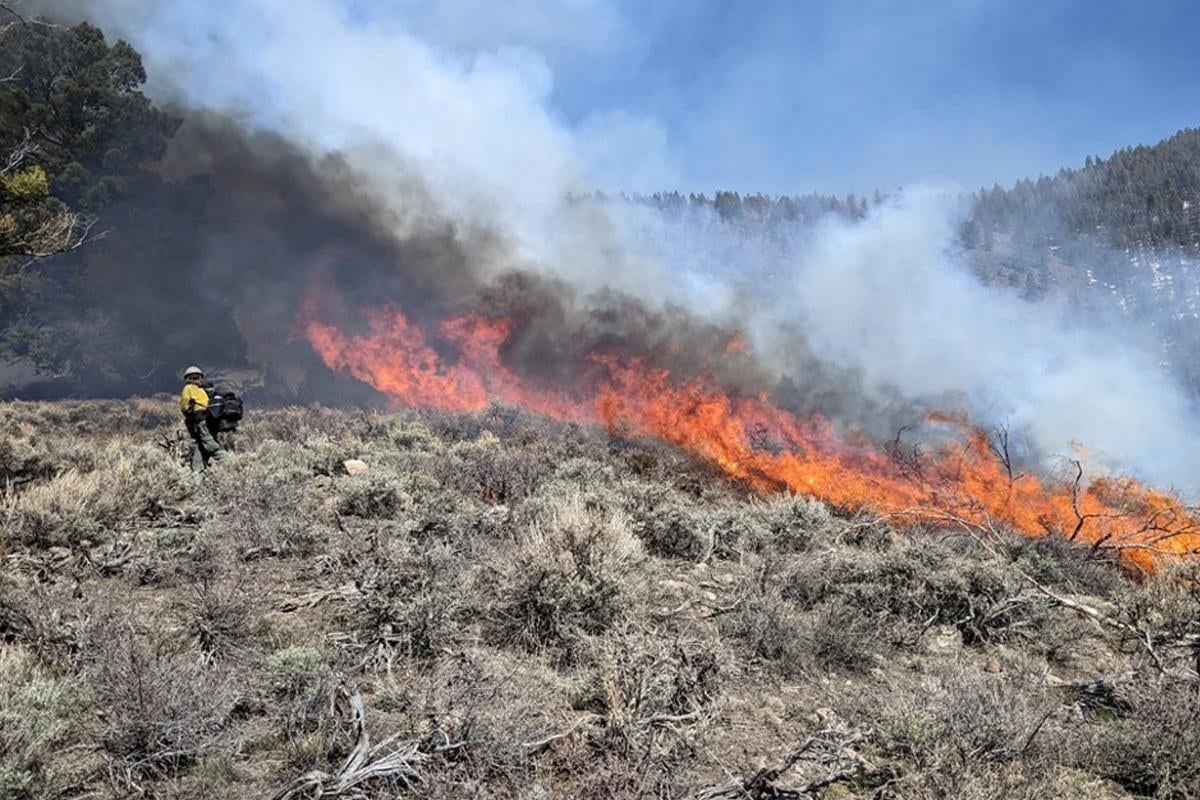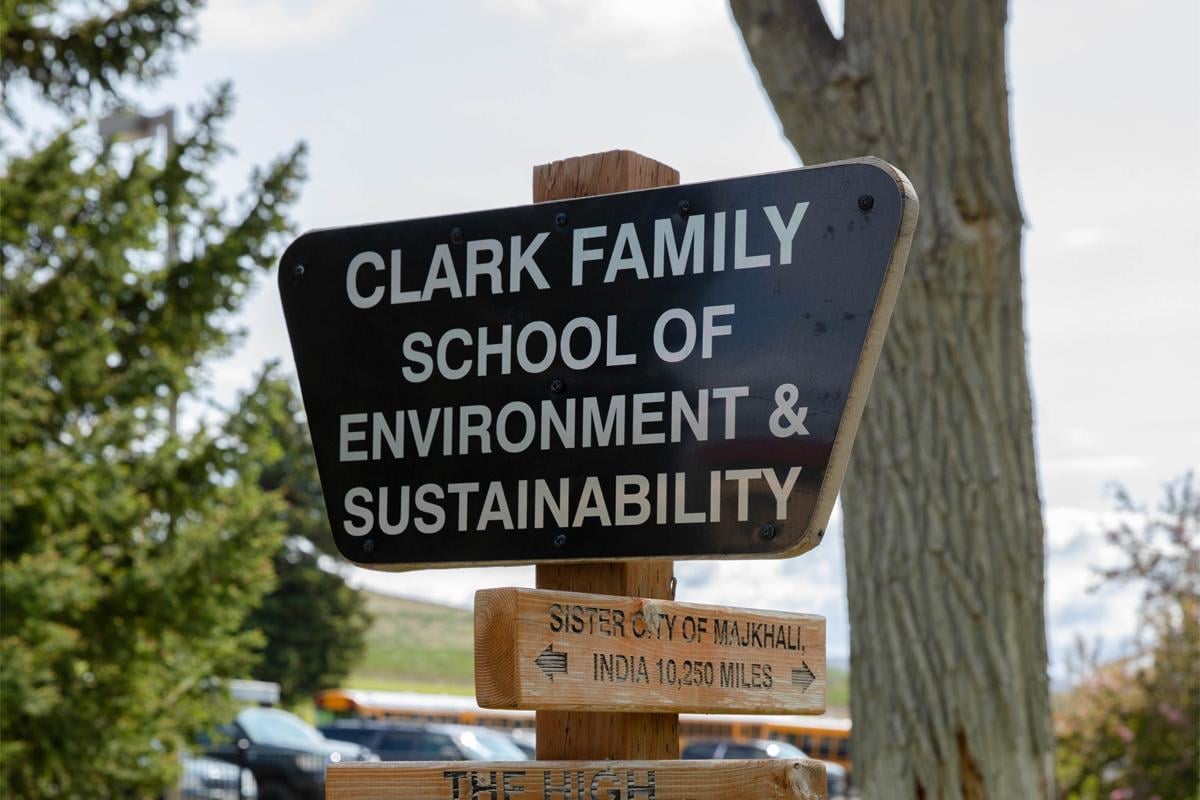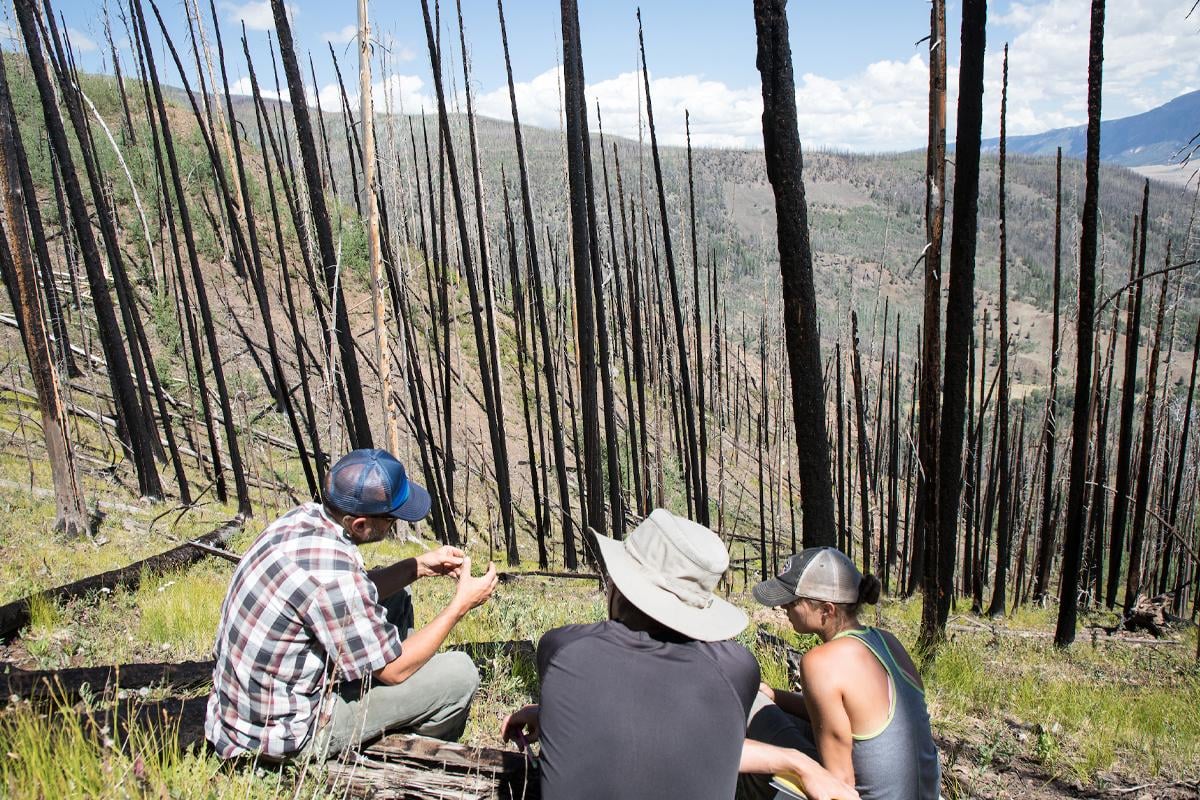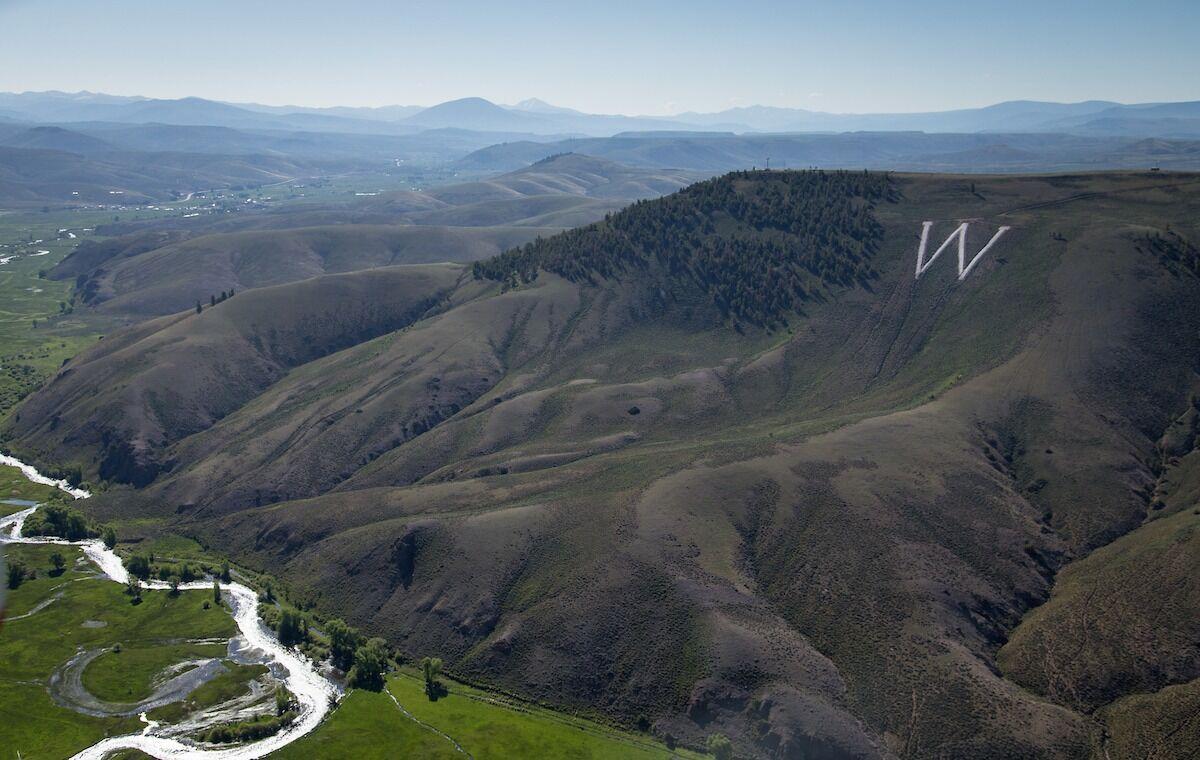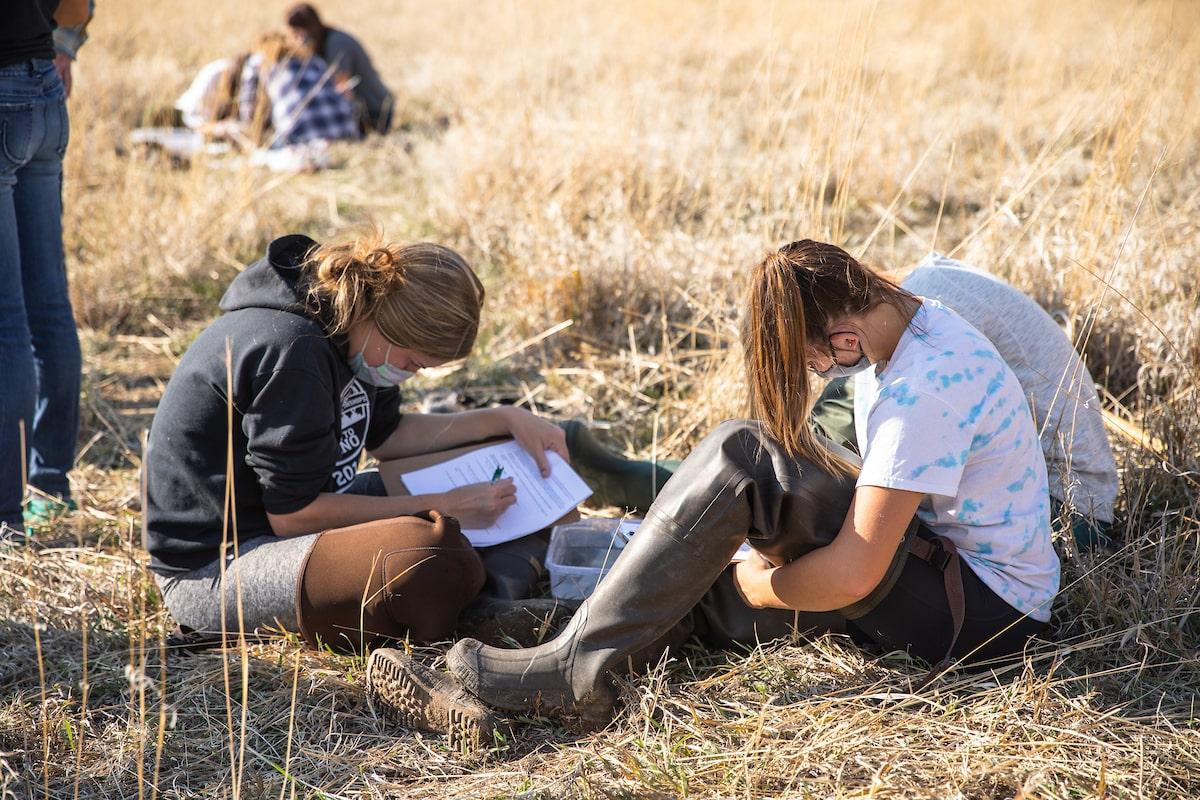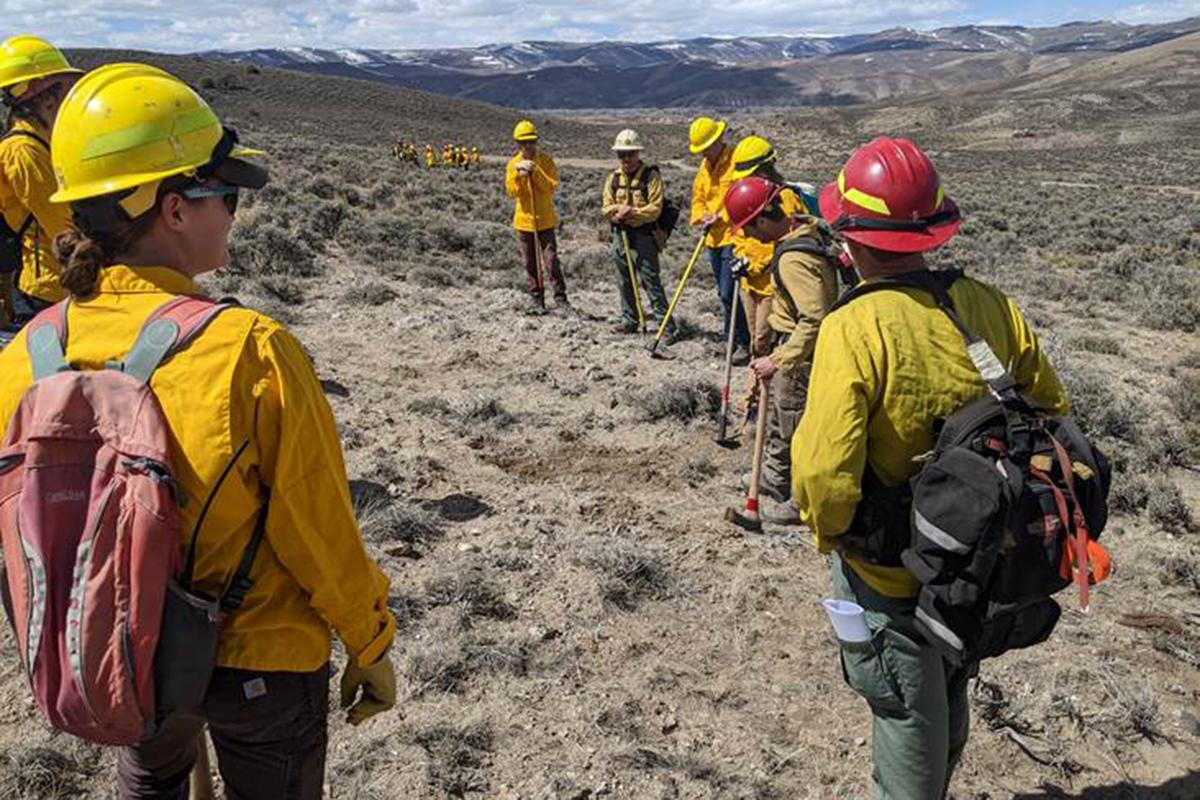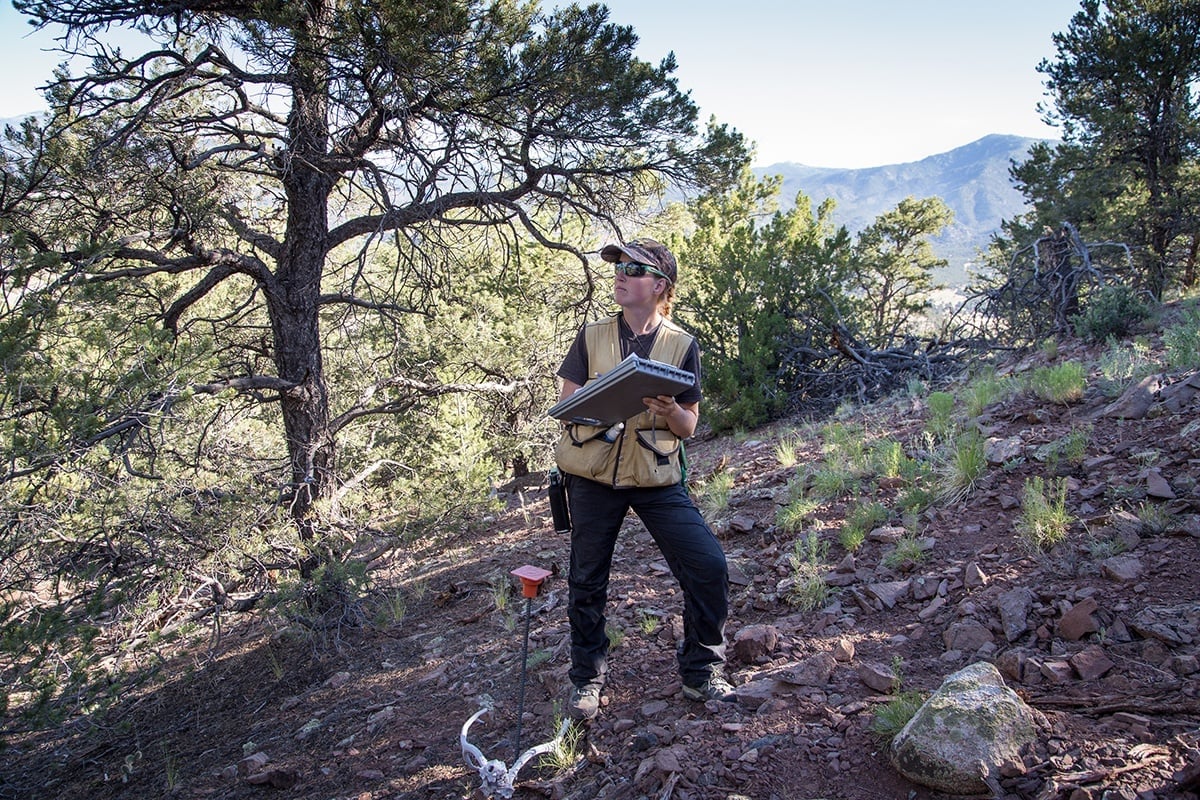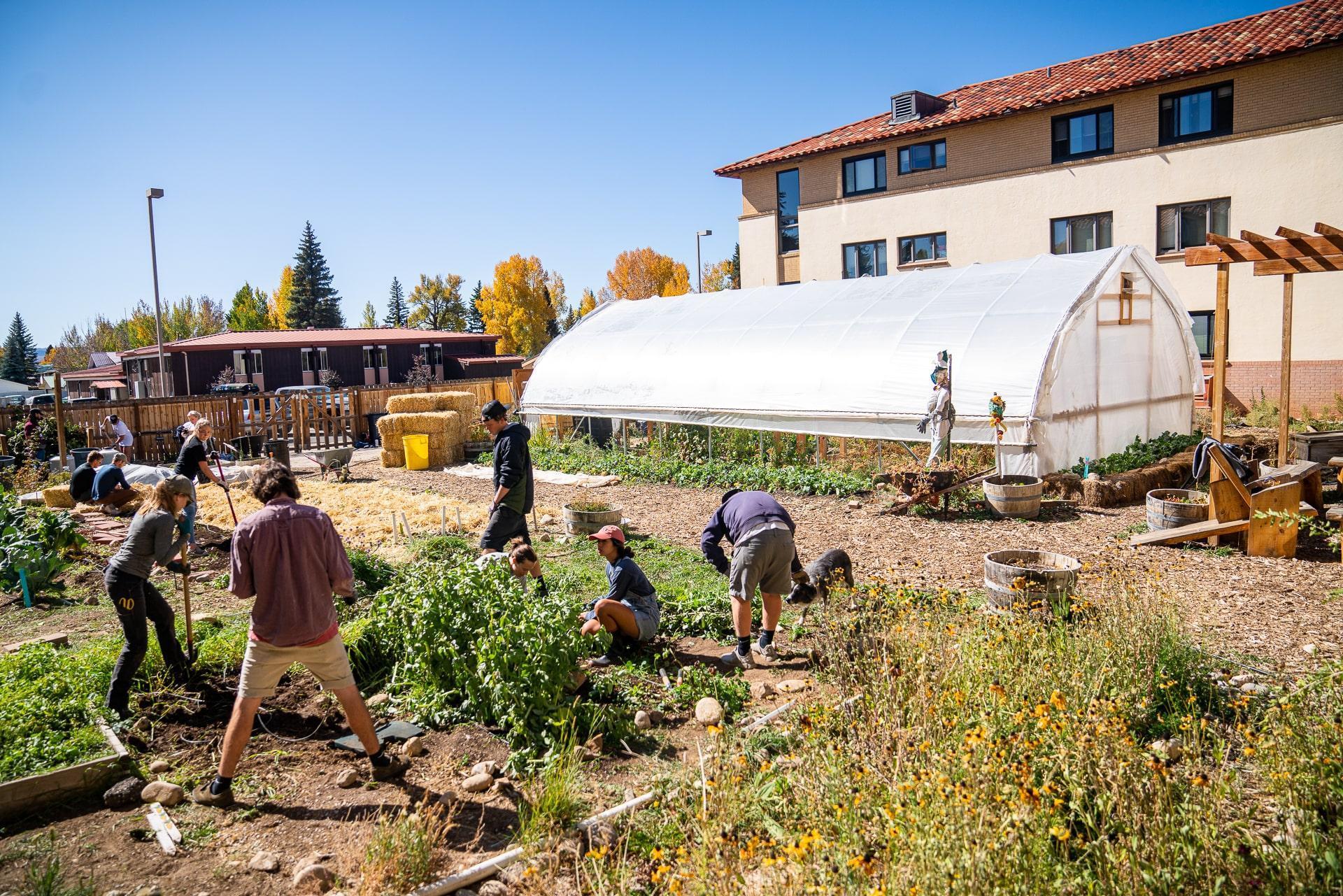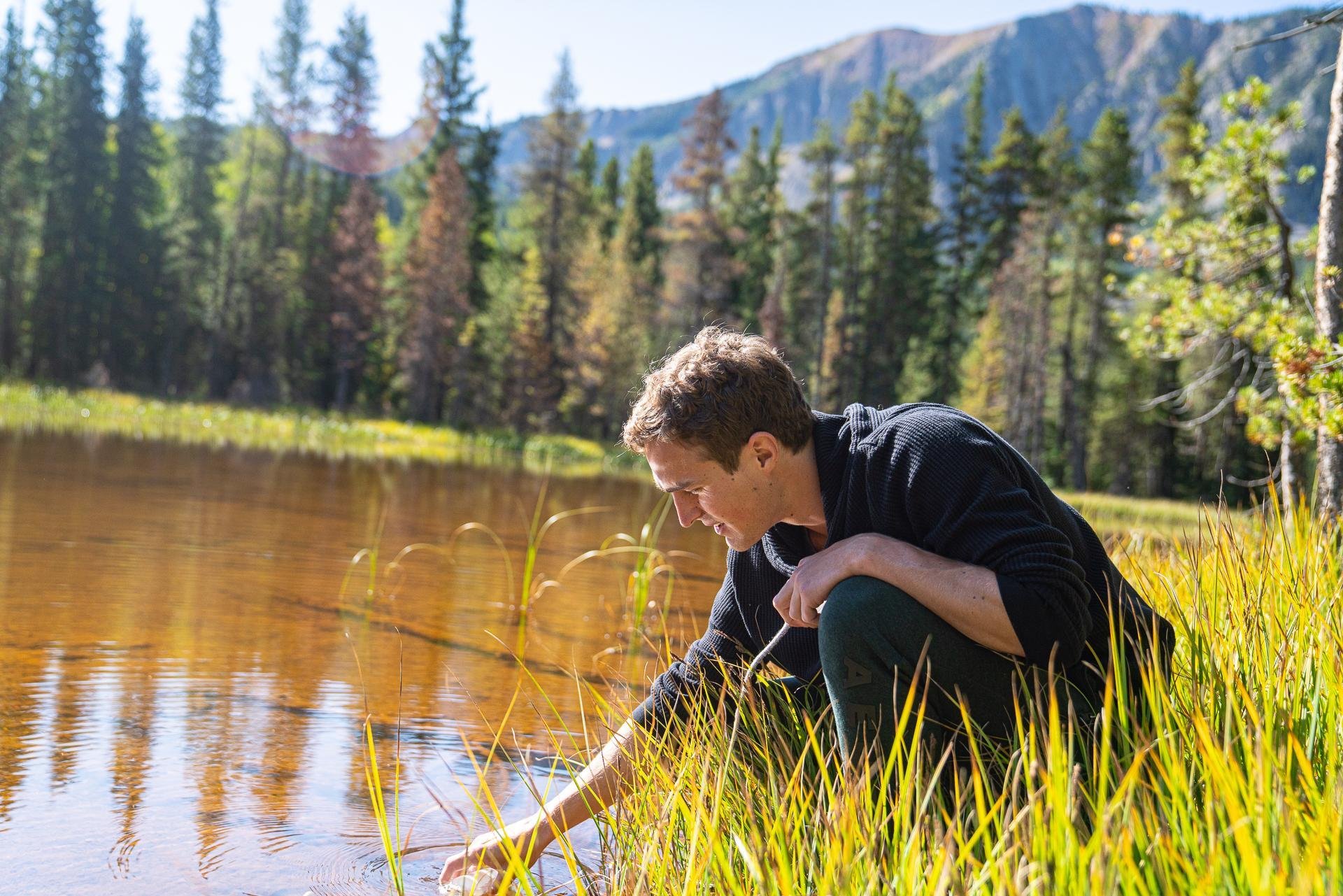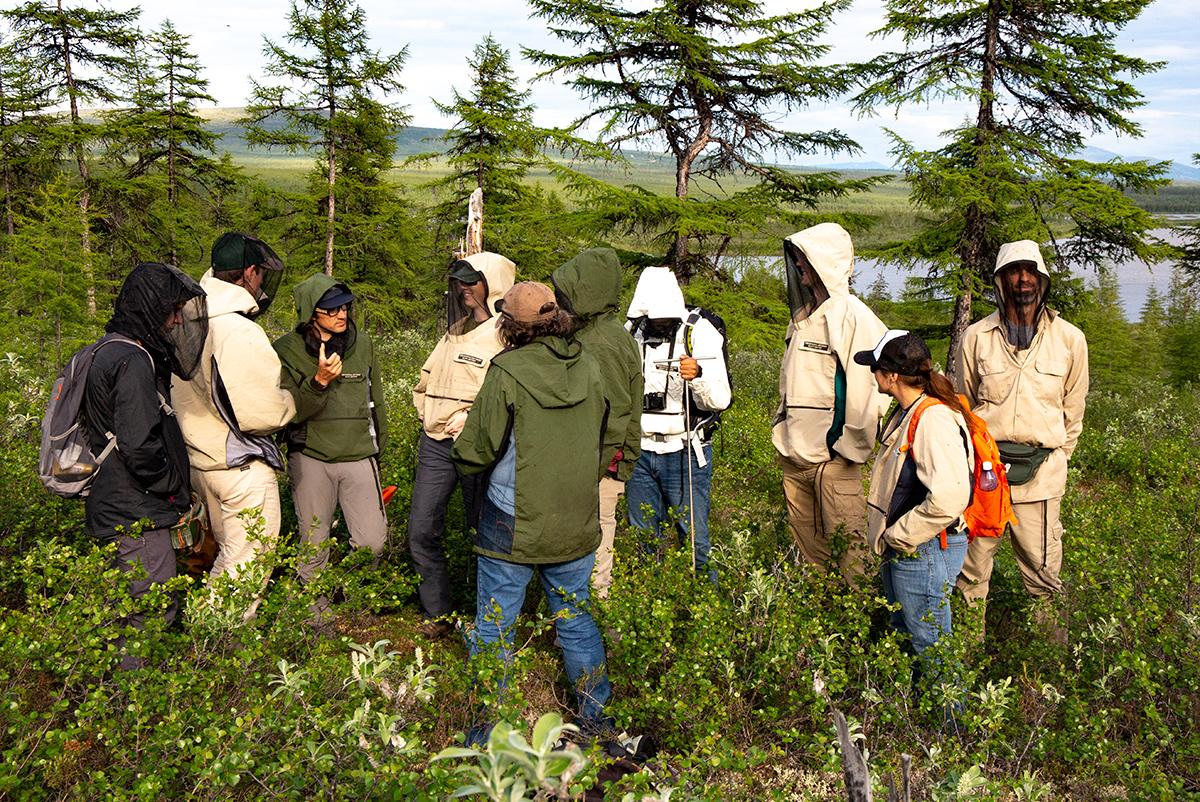Develop the skills to heal ecosystems.
The Ecosystem Restoration Certificate is a 12-credit graduate program within Western’s Master in Environmental Management (MEM). Designed for graduate students and working professionals, this certificate builds technical skills in water resource assessment, ecological monitoring, and hands-on restoration techniques.
You’ll gain real-world experience through field-based workshops and hybrid courses focused on applied restoration. Topics include wetland delineation, soil and watershed health, GIS and drone mapping, and more. Courses are modular and designed for flexibility, making it easier to balance your education with work or seasonal field jobs.
This certificate is open to current MEM students, students from other graduate programs, and working professionals with a bachelor’s degree in a related field. Whether you’re adding a technical skill set to your existing degree or advancing your career in ecosystem restoration, this program gives you the tools to lead with expertise in one of today’s most urgent environmental fields.

